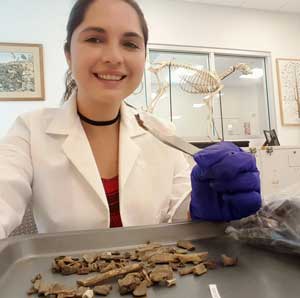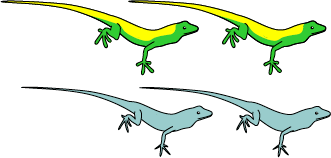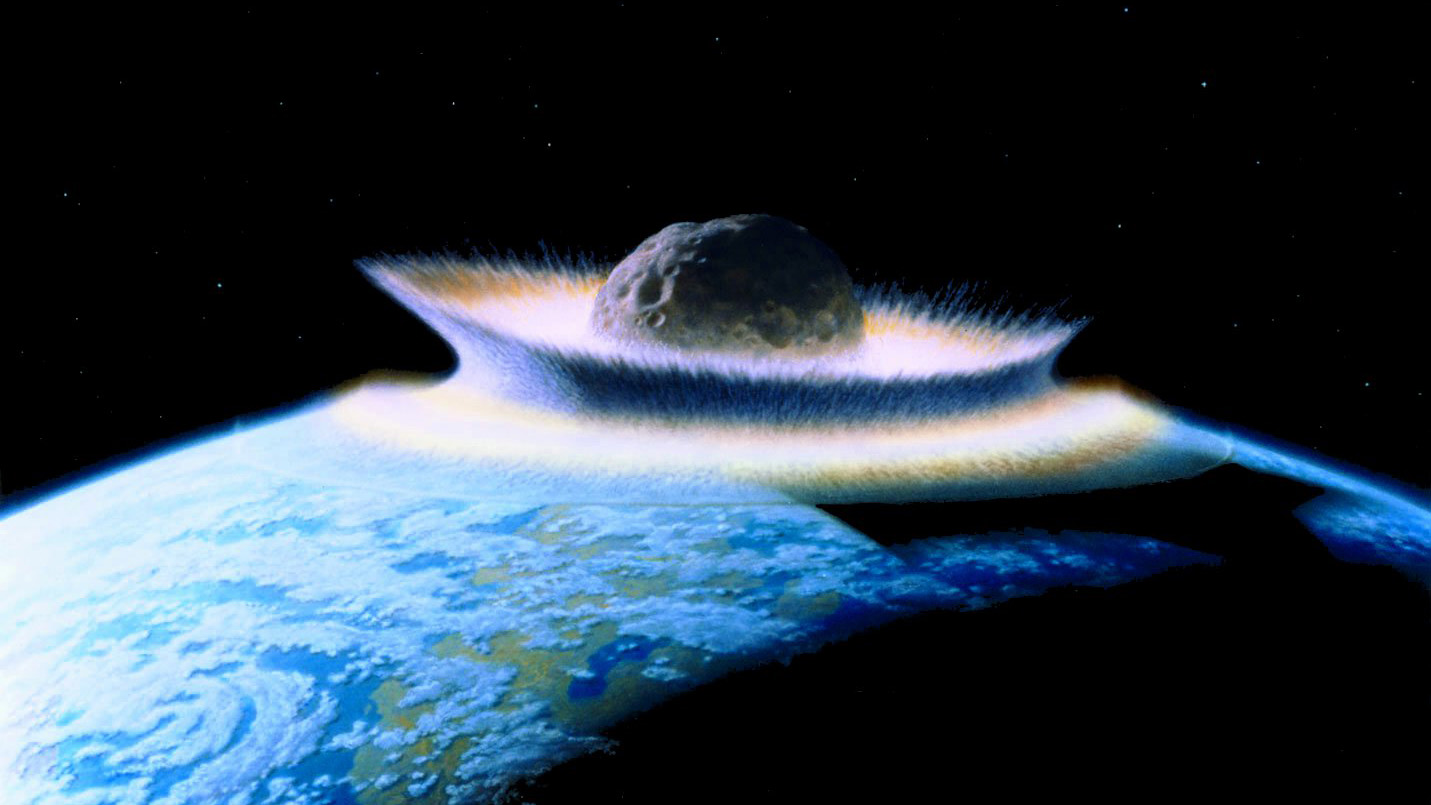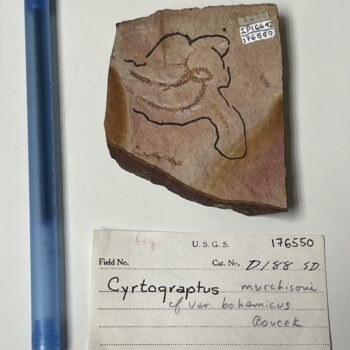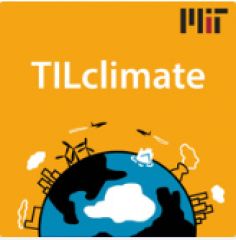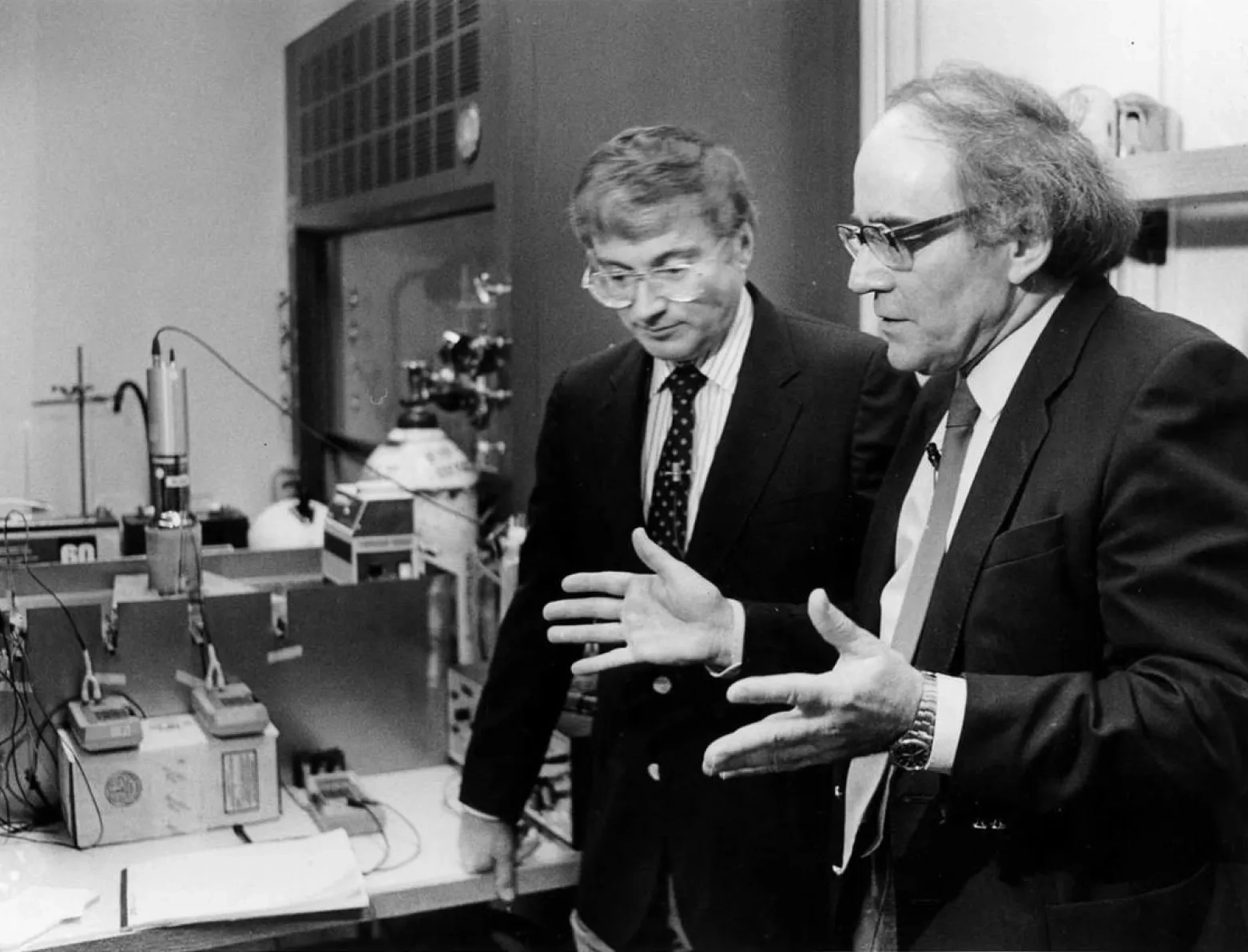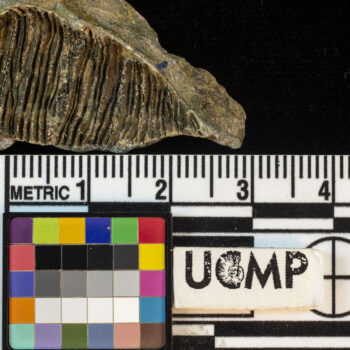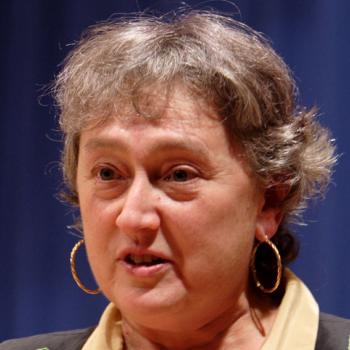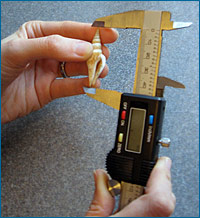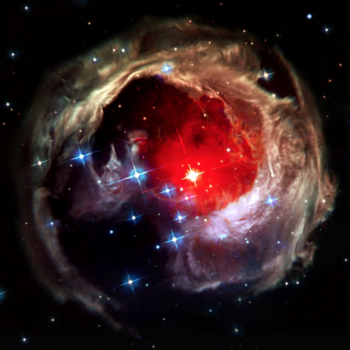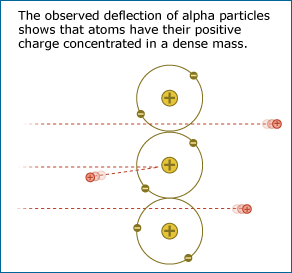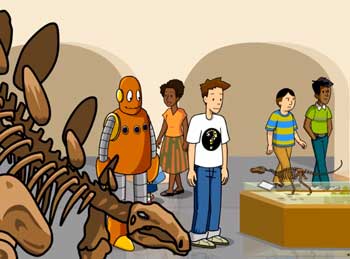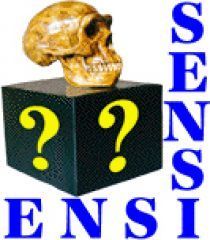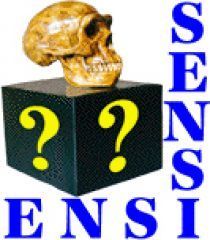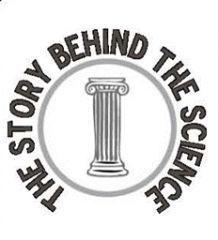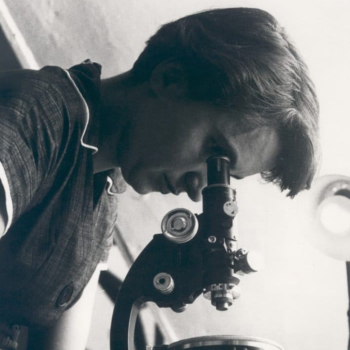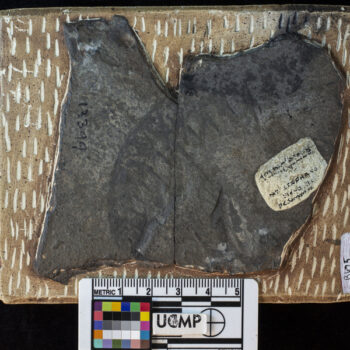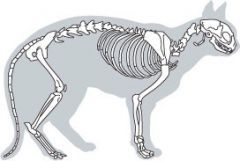Found 25 resources for the concept:
Scientists can test ideas about events and processes long past, very distant, and not directly observable.
Ancient bones, modern problems: One scientist’s trash is another scientist’s data
Grade Level(s):
- 9-12
- College
Source:
- UC Museum of Paleontology
Resource type:
- research profile
- Science Story
Discipline:
- Life Science
Time: 20 minutes
Overview
Learn how scientists reuse and upcycle their data, while following graduate student Maria Viteri as she investigates ancient and modern small mammal communities. Get tips for using science stories in class.
Anolis Lizards
Grade Level(s):
- 9-12
Source:
- Collins, Jennifer
Resource type:
- lab activity
Discipline:
- Life Science
Time: Two class periods
Overview
Students "travel" to the Greater Antilles to figure out how the Anolis lizards might have evolved there. Students make observations, ask questions, share data, form hypotheses, generate expectations, get more data, interpret them, and test their ideas.
Asteroids and dinosaurs: Unexpected twists and an unfinished story
Grade Level(s):
- 9-12
- College
Source:
- UC Museum of Paleontology
Resource type:
- Science Story
Discipline:
- Earth science
- Life Science
Time: 2 class periods
Overview
This story uses the Science Flowchart to map Walter Alvarez's scientific journey as he investigates an intriguing hypothesis about the extinction of the non-Avian dinosaurs. Get tips for using science stories in class.
Benjamin Franklin: STEM Activity Toolkit
Grade Level(s):
- 3-5
- 6-8
- 9-12
Source:
- PBS and WETA
Resource type:
- classroom activity
Discipline:
- Earth science
- Physical Sciences
Time: 1-6 hours
Overview
Ken Burns’s four-hour documentary, Benjamin Franklin, explores the revolutionary life of one of the 18th century’s most consequential figures. This STEM Activity Toolkit frames the context of the film series, and provides guidance for viewers to engage in discussions and activities around science, technology, engineering, and math.
Bill Berry and the construction of geologic time
Grade Level(s):
- 6-8
- 9-12
- College
Source:
- UC Museum of Paleontology
Resource type:
- Science Story
Discipline:
- Earth science
Time: 5 minutes
Overview
This Science Short describes how index fossils can help us test hypotheses about long past events that we cannot directly observe. Get tips on using Science Stories in class.
Climate Models and Uncertainty
Grade Level(s):
- 9-12
Source:
- MIT Climate Portal
Resource type:
- classroom activity
Discipline:
- Earth science
Time: up to 2 hours
Overview
Earth's climate system is enormously complex, and scientists develop climate models to understand how climate change will play out in different parts of the world. Students play a climate resilience game, and then explore the Intergovernmental Panel on Climate Change’s 5th Assessment Report to learn more about how climate scientists handle uncertainty in models.
Clouds, Models, and Climate Change
Grade Level(s):
- 9-12
Source:
- MIT Climate Portal
Resource type:
- classroom activity
Discipline:
- Earth science
Time: up to 2 hours
Overview
How do clouds form? How are clouds affected by (and how do they affect) climate change? Students create a cloud in the classroom, and then investigate climate models and real-time cloud observation data.
Cold fusion: A case study for scientific behavior
Source:
- UC Museum of Paleontology
Resource type:
- Science Story
Time: 2 class periods
Overview
This Science Story uses the "discovery" of cold fusion in the late 1980s to illustrate the nature of scientific misconduct and the importance of scientific behavior and the scrutiny of the scientific community in the process of science. Get tips for using science stories in class.
Discovering a strange new group of ancient sea creatures
Grade Level(s):
- 9-12
- College
Source:
- UC Museum of Paleontology
Resource type:
- Science Story
Discipline:
- Earth science
- Life Science
Time: 10 minutes
Overview
This Science Short illustrates how fossils have reshaped our understanding of the diverse forms life can take. Get tips on using Science Stories in class.
Endosymbiosis: Cells within cells
Grade Level(s):
- 9-12
- College
Source:
- UC Museum of Paleontology
Resource type:
- Science Story
Discipline:
- Life Science
Time: one period
Overview
This Science Story on endosymbiosis explores the career of microbiologist Lynn Margulis and how an unlikely idea overcame strong resistance within the scientific community and finally came to be an accepted part of evolutionary theory. Get tips for using science stories in class.
Fair tests in physics: Examining eclipses
Grade Level(s):
- 9-12
- College
Source:
- UC Museum of Paleontology
Resource type:
- Science Story
Discipline:
- Physical Sciences
- Space science
Time: 15 minutes
Overview
Teach about test design in the field of physics. Get tips on using Science Stories in class.
Fair tests in the fossil record: Avoiding extinction
Grade Level(s):
- 9-12
- College
Source:
- UC Museum of Paleontology
Resource type:
- Science Story
Discipline:
- Earth science
- Life Science
Time: 15 minutes
Overview
Teach about test design in the field of paleontology. Get tips on using Science Stories in class.
Galaxy classification
Grade Level(s):
- 6-8
- 9-12
Source:
- Whitfield, Lisé
Resource type:
- lab activity
Discipline:
- Space science
Time: One class period
Overview
This is a modified version of Galactic Inquiry in which students learn about galaxy classification while also experiencing a simple simulation of peer review and community analysis.
Introducing the Understanding Science flowchart
Grade Level(s):
- 9-12
- College
Source:
- UC Museum of Paleontology
Resource type:
- classroom activity
Discipline:
- Earth science
Time: 90 minutes
Overview
Students participate in a quick activity and discuss whether they were doing science. They then read a story about Walter Alvarez, discuss the process of science, and trace his scientific journey using the Science Flowchart.
Luminous
Grade Level(s):
- 9-12
- College
Source:
- Sam Smartt
Resource type:
- classroom activity
- Science Story
- video
Discipline:
- Space science
Time: 2-8 hours
Overview
The film LUMINOUS (now freely available through many libraries and the Kanopy platform) tells the story of astronomer Larry Molnar as he investigates a distant, double-star system, about which he makes a daring and explosive prediction. Interviews with Dr. Molnar’s diverse set of colleagues, collaborators, and skeptics highlight science as a community and intensely human endeavor, debunking the myth of the lone scientist conducting dispassionate research. The Luminous Science Education Toolkit provides classroom activities to support students' interpretation of the film.
Poking around
Grade Level(s):
- 9-12
Source:
- Stefanski, Mark
Resource type:
- classroom activity
Time: One to two class periods
Overview
Students are introduced to the process of scientific inquiry as they develop an approach to determine the shape and size of an unseen object.
Rutherford’s enlarged: A content embedded NOS activity
Grade Level(s):
- 9-12
Source:
- Abd-El-Khalick, Fouad
Resource type:
- lab activity
Discipline:
- Physical Sciences
Time: One class period
Overview
Students reason about a model of Ernst Rutherford's famous experiment supporting the idea of the atomic nucleus. They differentiate between observation and inference and see the role of creativity in the process of science.
Scientific Process: The mysteries of life with Tim and Moby
Grade Level(s):
- 6-8
- 9-12
Source:
- BrainPOP
Resource type:
- Science Story
- video
Discipline:
- Earth science
- Life Science
Time: 10 minutes
Overview
How does science work? This animated video introduces key ideas using the story of the how science uncovered the link between the dinosaur extinction and a massive asteroid impact. (Note that this video inaccurately characterizes the difference between hypotheses and theories. See Understanding Science 101 for a correction.)
The checks lab
Grade Level(s):
- 9-12
Source:
- ENSI
Resource type:
- classroom activity
Time: One class period
Overview
Students construct plausible scenarios to explain a series of canceled bank checks. They revise their original hypotheses with new evidence and learn how human values and biases influence observation and interpretation.
The great fossil find
Grade Level(s):
- 6-8
- 9-12
- College
Source:
- ENSI
Resource type:
- classroom activity
Discipline:
- Life Science
Time: one class period
Overview
Students are taken on an imaginary fossil hunt and form hypotheses about the identity of the creature they discover. Students revise their hypotheses as new evidence is found.
The Hobbit: When scientists disagree about the evidence
Grade Level(s):
- 9-12
- College
Source:
- Visionlearning
Resource type:
- classroom activity
Discipline:
- Life Science
Time: One class period
Overview
This classroom activity, adapted from an exercise on PBS's NOVA website, provides an excellent example of an active debate within the scientific community regarding a relatively recent human fossil find, Homo floresiensis.
The story behind the science
Grade Level(s):
- 9-12
- College
Source:
- Iowa State University
Resource type:
- article
Time: Variable
Overview
Thirty stories spanning five disciplines help students explore key science concepts through the eyes of the scientists who were involved, while emphasizing the nature and process of science.
The structure of DNA: Cooperation and competition
Grade Level(s):
- 9-12
- College
Source:
- UC Museum of Paleontology
Resource type:
- Science Story
Discipline:
- Life Science
Time: 2-3 periods
Overview
This Science Story examines how evidence and ideas from different research groups contributed to the discovery of the structure of DNA. Get tips for using science stories in class.
This is not the shrimp you’re looking for
Grade Level(s):
- 6-8
- 9-12
- College
Source:
- UC Museum of Paleontology
Resource type:
- Science Story
Discipline:
- Earth science
Time: 5 minutes
Overview
This Science Short illustrates how paleontologists have reinterpreted fossil evidence to gain new understanding of life in the Cambrian seas. Get tips on using Science Stories in class.
Xenosmilus
Grade Level(s):
- 3-5
- 6-8
- 9-12
Source:
- UC Museum of Paleontology
Resource type:
- classroom activity
Discipline:
- Life Science
Time: One class period
Overview
In this lesson, students play the roles of paleontologists on a dig. They "unearth" a few fossils at a time and attempt to reconstruct the animal the fossils represent.

